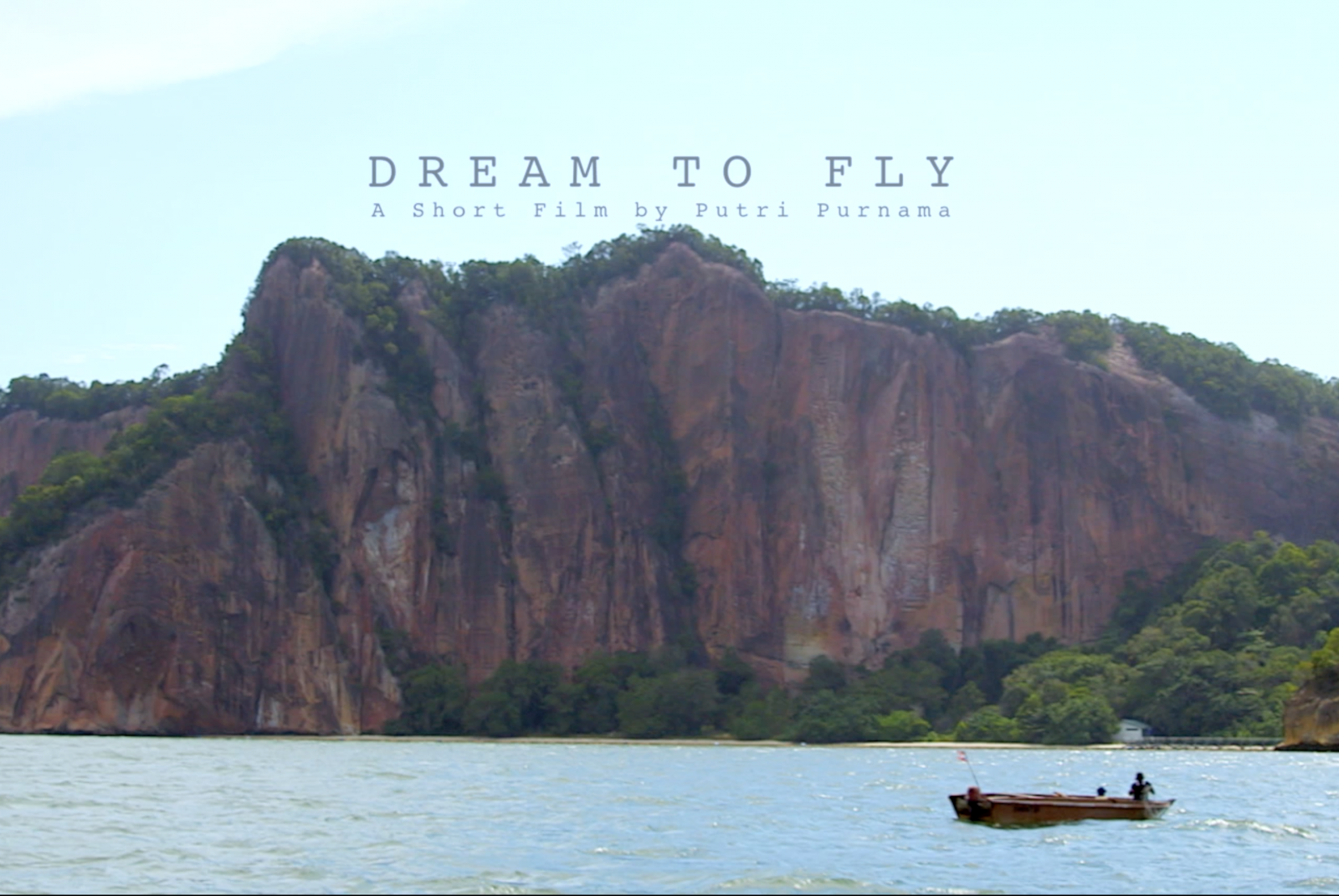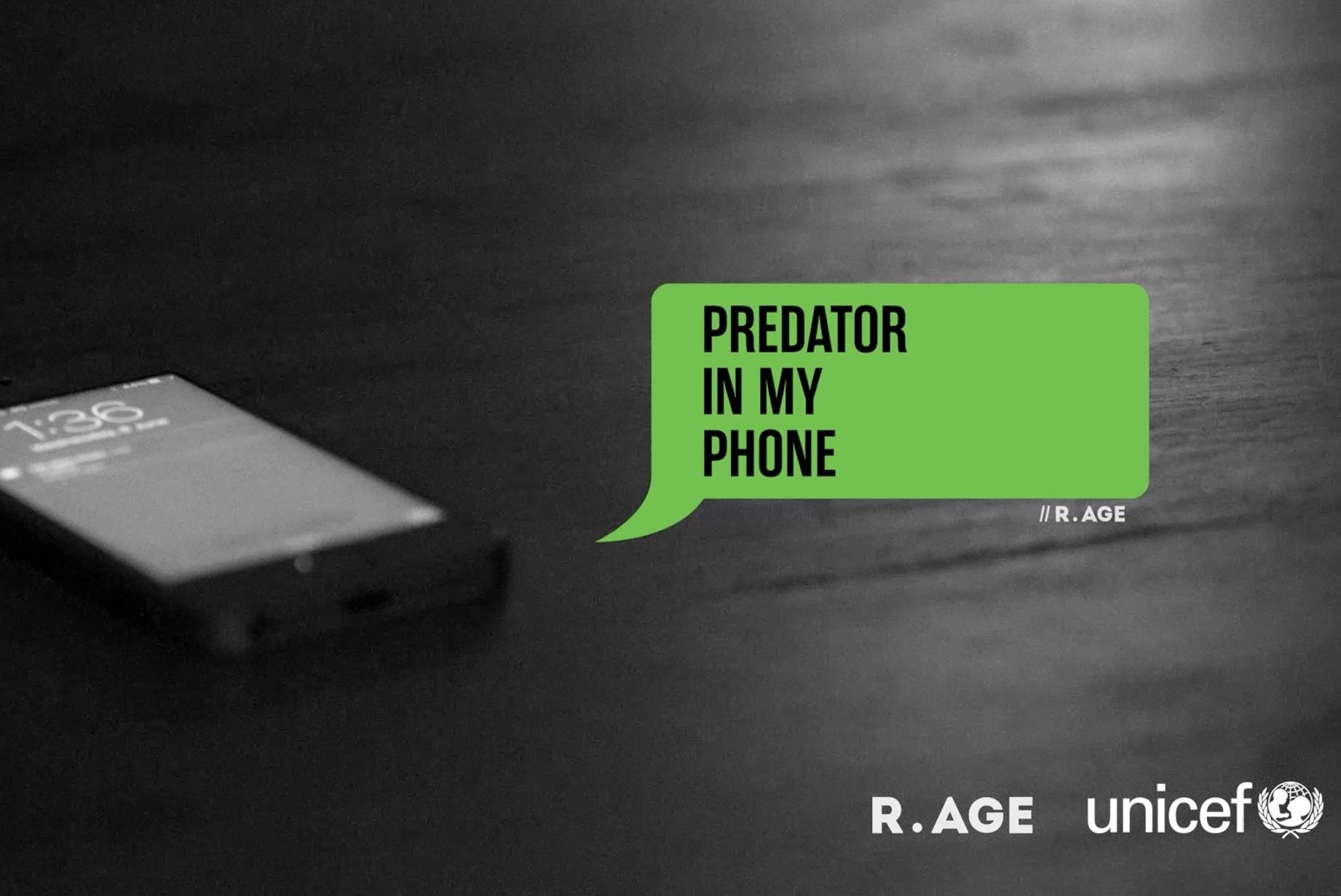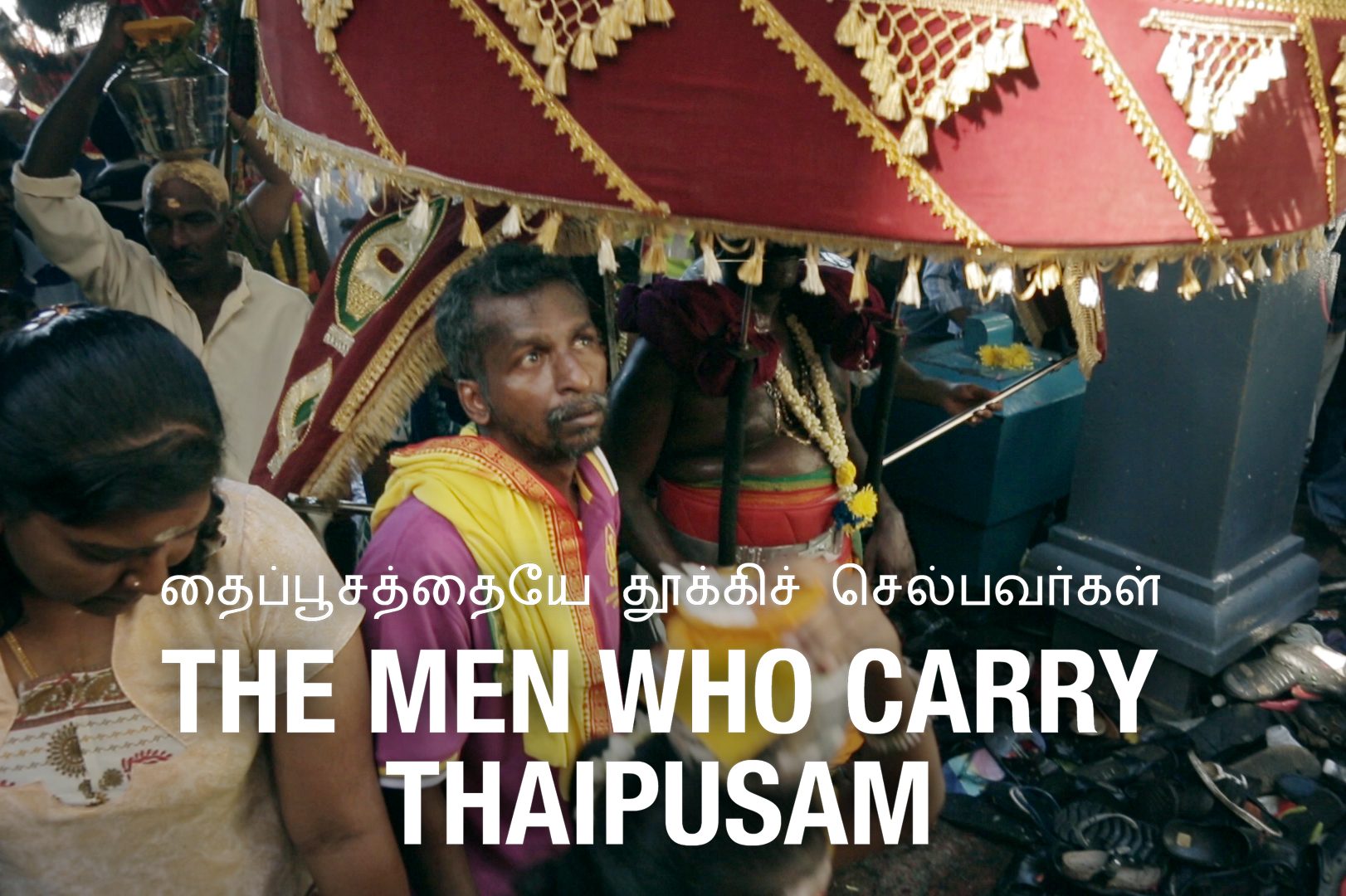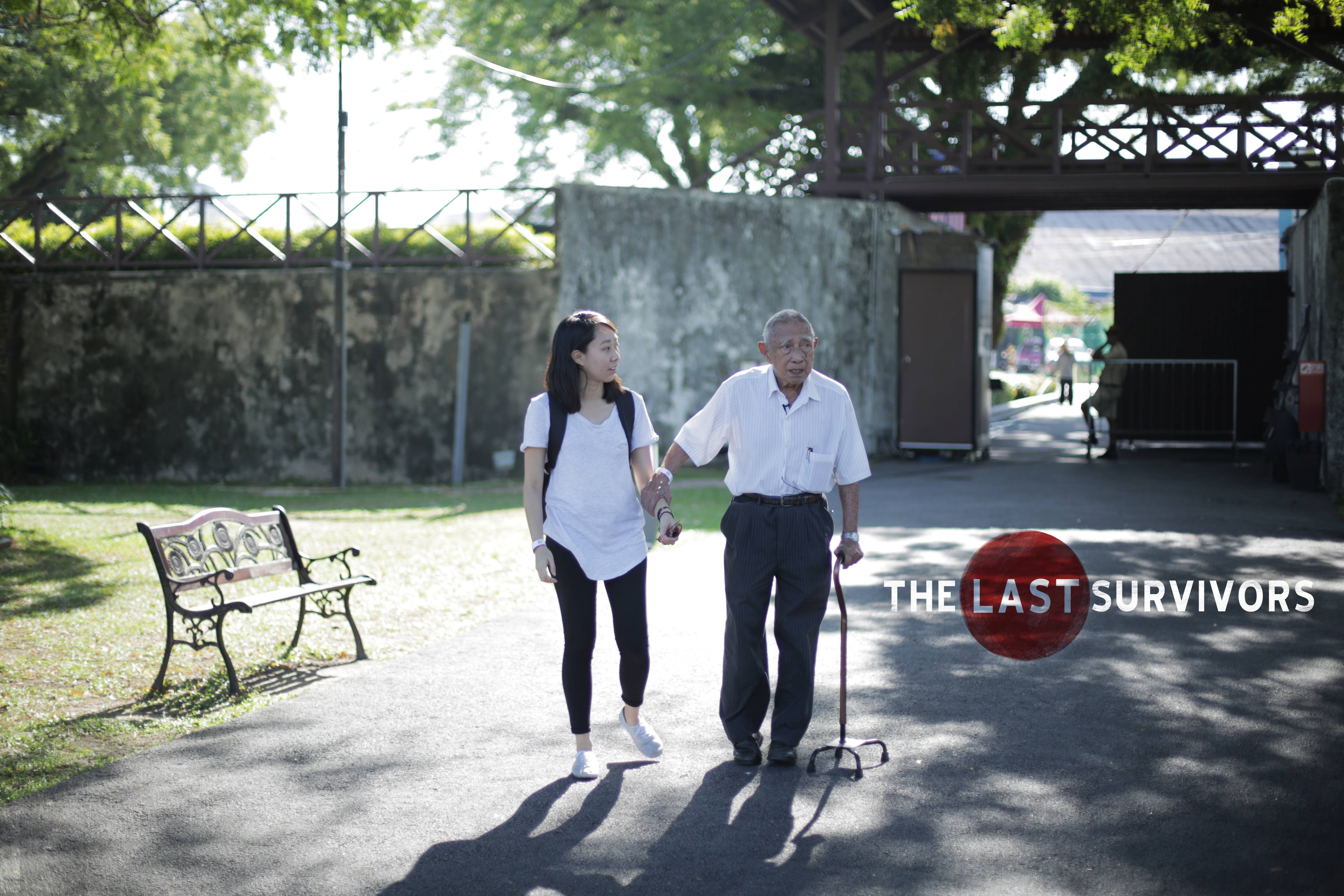Story by SHANJEEV REDDY
Video by the R.AGE team
THE questions that greeted 23 year-old Sabahan filmmaker Putri Purnama Sugua after she screened her short film Dream To Fly in Kuala Lumpur told her that very few people living in Peninsular Malaysia are aware of the issues going on in Sabah.
Dream To Fly, set in a fishing village in Sabah, tells the story of a 10-year-old stateless boy who is an outcast because he can’t attend school.
After several failed attempts at acquiring a birth certificate legally, his guardian resorts to purchasing one from the black market, just so the boy can go to school.
Although the film is a work of fiction, it’s inspired by a true story. There are many stateless children in Sabah, children who are not officially recognised as citizens of any country because they lack identification documents. Because they are stateless, many are denied access to basic services like education and healthcare, even if they were actually born in the country.

In Dream To Fly, the main character, a stateless boy, gets enrolled in school – something which Putri hopes all stateless children will be able to in the future.
To give the story even more authenticity, the boy the story is based on was cast as the lead actor in the film, and Putri hired actual villagers from the surrounding villages as cast members.
“The buying and selling of birth certificates in Sabah is a sensitive subject. Everyone knows about it but turns a blind eye,” she said.
“As a Sabahan filmmaker, I want to portray the truth about Sabah. If it’s happening, I want to show it in my films.”
Most Malaysian films give too much importance to commercial value and have failed as a means to convey any important messages, said Putri.
“Movies shouldn’t just be a source of entertainment,” she insisted. “Hopefully someday we’ll produce more films that aren’t just catered to the tastes of the audience.”

Putri (right) and her crew pose with the main actor of Dream To Fly, a 10-year-old stateless boy named Bhulat.
Putri may be a newcomer in the filmmaking industry, but she is quickly making a name for herself by producing films dedicated to empowering underprivileged children in Sabah.
In 2015, her film Kalau, which encouraged young Sabahans to pursue their dreams, won Best Sabahan Film at the Kota Kinabalu International Film Festival (KKIFF). This year, Dream To Fly also won at KKIFF, in the indigenous language category.
How it all started
Much like the characters in her films, Putri grew up in a poor village in Sandakan, Sabah. As a child, she always wondered why no one took notice or came to her family’s aid.
Then at 17, she learnt just how powerful an impact movies can have on society after watching Laskar Pelangi, an Indonesian film about two inspiring teachers in a poverty-stricken village who fought to keep their school running with just 10 students.
Moved by the movie, she realised that filmmaking could be a way for her to help other underprivileged children. With the help of her brother, she applied for a place in Universiti Teknologi MARA to study film.
Like most film plots, her plans hit a snag when she started her programme. While her coursemates had at least some sort of experience in filmmaking, Putri’s underprivileged background meant she hadn’t even held a camera before.
But she worked hard at her course, and soon managed to gain the basic skills – at least in theory – of filmmaking.
But to get practical experience, she needed to get her hands dirty.
Steeling herself, she dove into the deep end of the pool and started applying for jobs. When an American filmmaker came to her university looking for locals to work on a film about Sabah, Putri got her big break and was hired as a producer.
“In school, I only had book knowledge,” she said. “It was the job that gave me the skills I needed to fulfil my dreams of making a change in Sabah.”

Putri proudly displaying her award at the Kota Kinabalu International Film Festival after she had won the Golden Kinabalu award for best film under the Indigenous Language category.
Putri’s end goal
According to Putri, who grew up in the same village as a few stateless children, Sabah has always had problems with this issue, but no concrete solutions have been implemented so far.
That’s why she’s working so hard to raise awareness.
The next film she’s working on, Invisible Diamonds, highlights how these children are still valuable and can contribute to society if given a chance.
Some of these children are at risk of being deported, said Putri, which often leaves them “puzzled” because they were actually born in Sabah.
In the meantime, most of them are left in limbo – stuck in Malaysia but unable to even go to school.
Putri isn’t sure what the long term solutions are, but having grown up amongst stateless children, she believes that it’s imperative they receive an education.
“What do you think these children will get up to when they grow up without education? Many will resort to crime,” said Putri.
“I want them to be able to contribute back to society in a positive manner instead.”
But it’s never easy fighting for a good cause, said Putri. Dream To Fly almost did not take off because she couldn’t secure any funding for the film.
It was only after many months of working as a part-time video editor and enlisting the help of a few close friends to be her crew that Putri managed to complete the film.
Up next for Putri is the ASEAN ROK Film Leaders Incubator (FLY2016) happening in Phnom Penh, Cambodia, where top young filmmakers from 10 Asean countries and South Korea will be filming short films over a span of two weeks, all under the supervision of established Asian filmmakers.
She was one of two participants selected for FLY2016 during the Next New Wave young filmmakers’ workshop, held in Kuala Lumpur earlier this month.
“I love attending film festivals and workshops. I am able to learn so much in such a short time from working with established, more experienced filmmakers from around the world,” she said.
With that kind of positive attitude, it’s pretty obvious this small-town girl is about to make a huge impression on the Malaysian film industry – and beyond.







Tell us what you think!